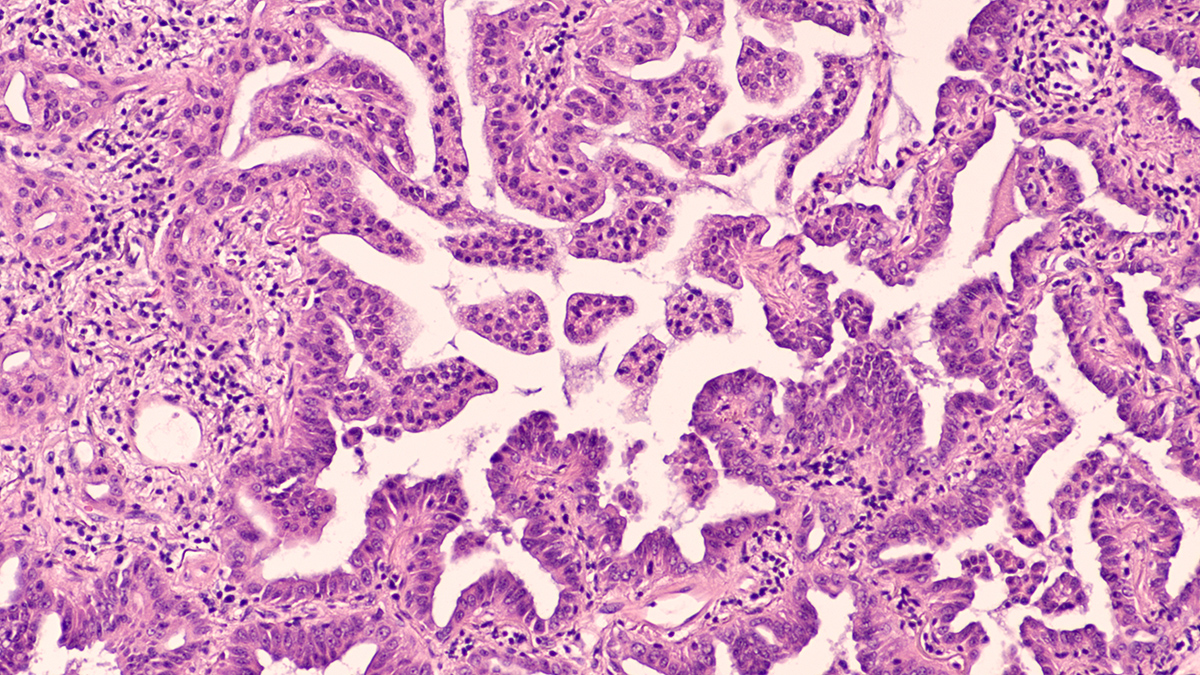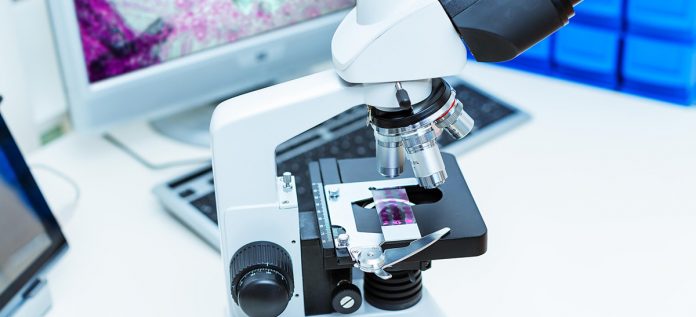Sanj Lallie, Director of Operations at LDPath, charts a vision of a virtual histopathology department for every NHS trust, with a bespoke digital pathology platform
LDPath is an innovative, bespoke digital pathology platform with access to over 140 substantive UK NHS pathologists, available to report surgical pathology cases. The ability to load-balance work across the UK provides a ready solution to the current unprecedented work volumes experienced in many pathology departments.
In 2018, almost two years before the seismic impact of the COVID-19 pandemic, the BBC ran the headline:
“Pathologists shortage ‘delaying cancer diagnosis’” (1)
In the same year, the Royal College of Pathologists (RCPath) reported an increasing demand in histopathology with a marked shortage of pathologists over the same period. An independent study by Keele University stated that demand for histopathology increases by 4.5% every year. Further, it maintains that six week waits for diagnostics in pathology have risen by 17% per year since 2010. In October 2021, NHS England’s analysis of monthly data further illustrated the huge pressures being placed on an already crippled healthcare system. Activity metrics from August and September 2021 incontrovertibly demonstrated that the COVID-19 pandemic continued to impair the delivery of non-COVID health services, including cancer diagnoses. Many elective procedures were cancelled during the second wave of COVID-19 and in October 2021 the BMA estimated that, compared with 2019/2020, there were 3.9 million fewer elective procedures and 26.78 million fewer outpatient attendances between 2020 and 2021.
The RCPath metric of >90% of routine reporting to be performed within two weeks was breached by many departments prior to COVID. Significantly, the backlog of cancer cases will continue to blight the health service for years to come, making a convincing case for innovative strategies such as integrated digital pathology services.

LDPath: The digital pathology platform
LDPath is dedicated to the digital pathology platform, having pioneered this service in 2014. Since then, the service has been developed and improved, LDPath winning the first and to-date only NHS comprehensive digital pathology reporting tender in early 2019. Digitalisation, streamed workflow, local system interfacing, data storage and administrative support, are all provided. LDPath utilises an interdisciplinary network of specialist substantive pathologists across the UK to provide multi-disciplinary support and second opinions from recognised experts, ensuring patients receive unrivalled diagnostics. LDPath boasts a roster of over 140 specialist consultant pathologists with 75% of these operating completely digitally; 94% of NHS cases are reported within 72 hours, a statistic maintained every year since 2014. Currently, more than 300 hospitals – including over 30 NHS Trusts – use LDPath’s services, provided via its bespoke Laboratory Information Management System (LIMS).
LDPath’s LIMS solution has sought to utilise digital pathology to create a virtual online department, enabling remote diagnosis and reporting from consultant pathologists across the country. In keeping with the pathology centralisation and rationalisation principles previously presented in the NHS 5 Year Forward View, this relieves departments in high demand locations and provides support to all NHS Hospitals & Trusts where needed, granting access to innovative technology across many regions. Systems such as these allow everyone to benefit from the above advantages and efficiencies.
Furthermore, LDPath can demonstrate that the widespread use of digital pathology will wean the discipline away from a long-standing reliance on unnecessary packaging and the widespread use of medical couriers. All of the above factors contribute toward massive improvements to patient experience and safety, reduced turnaround time of reports and a reduction in environmental impact.
The LDPath LIMS application integrates with the NHS server securely using Cyber Essentials-approved API bridges, ensuring data security. In this way, LDPath is essentially acting as a bridge for NHS Hospitals to evolve into digital service providers, resulting in significant cost savings and a modern, tailored patient experience.
Benefits of digital pathology platforms
Digital pathology platforms are a natural substrate for the introduction of artificial intelligence (AI) systems. LDPath works closely with an AI provider and has used algorithms in hospital cancer audit and reporting contracts, even successfully identifying cancers missed by experienced reporting pathologists. Such technology provides an in-built audit or live screening system, aiding the reporting pathologist and an unparalleled diagnostic tool.
LDPath is delivering improved patient outcomes, improved turnaround times and improved diagnostic accuracy, enabling faster, earlier diagnosis and management of cancer.
References
- https://www.bbc.co.uk/news/health-45497014
- https://www.bma.org.uk/advice-and-support/nhs-delivery-andworkforce/pressures/pressure-points-in-the-nhs
Please note: This is a commercial profile
© 2019. This work is licensed under CC-BY-NC-ND.











